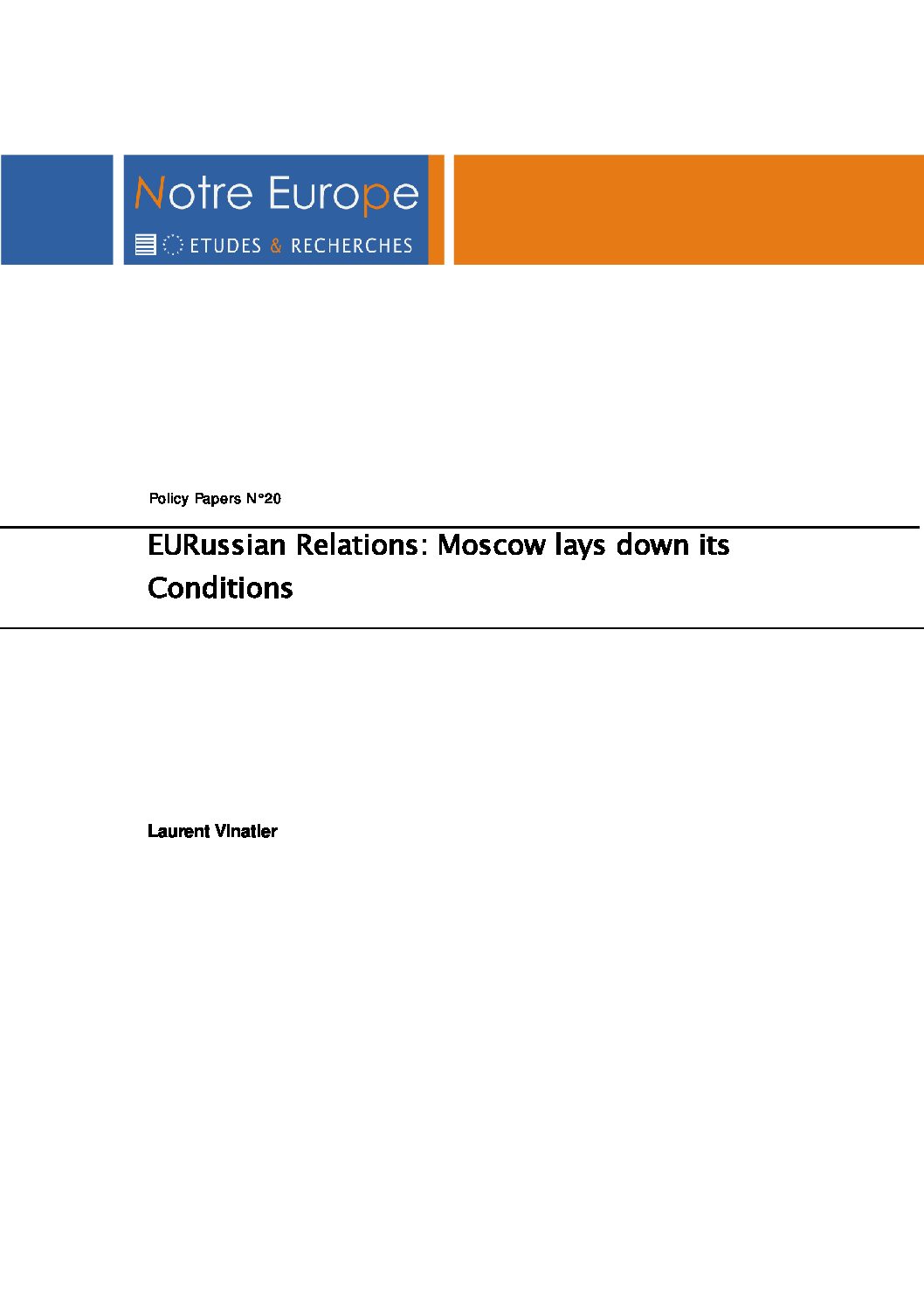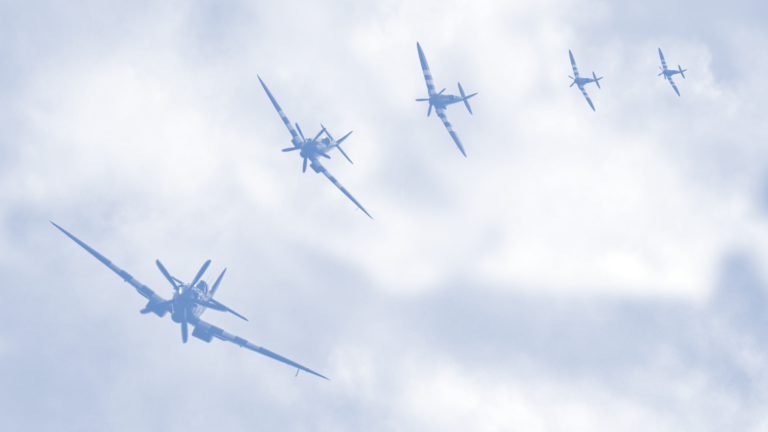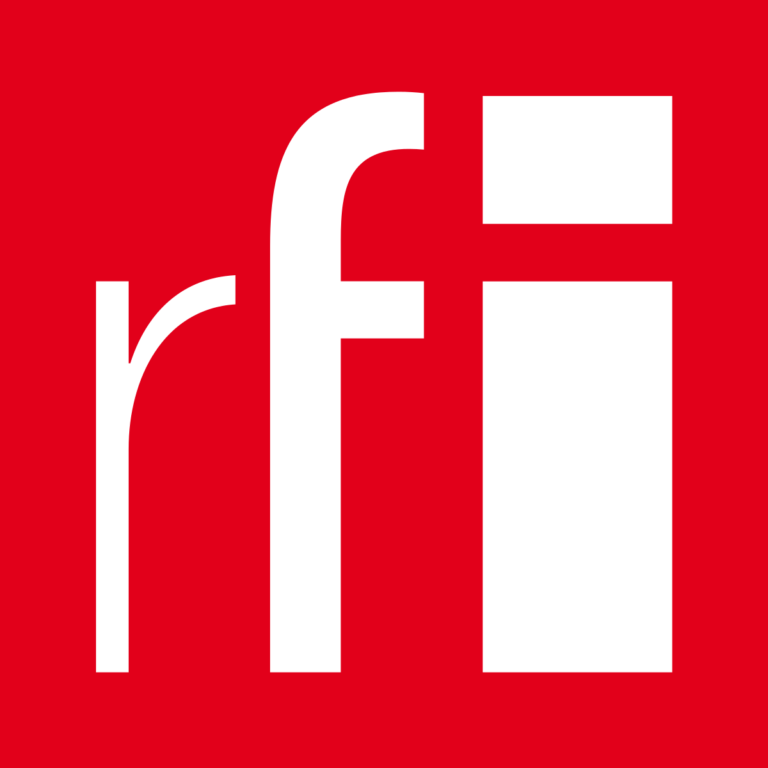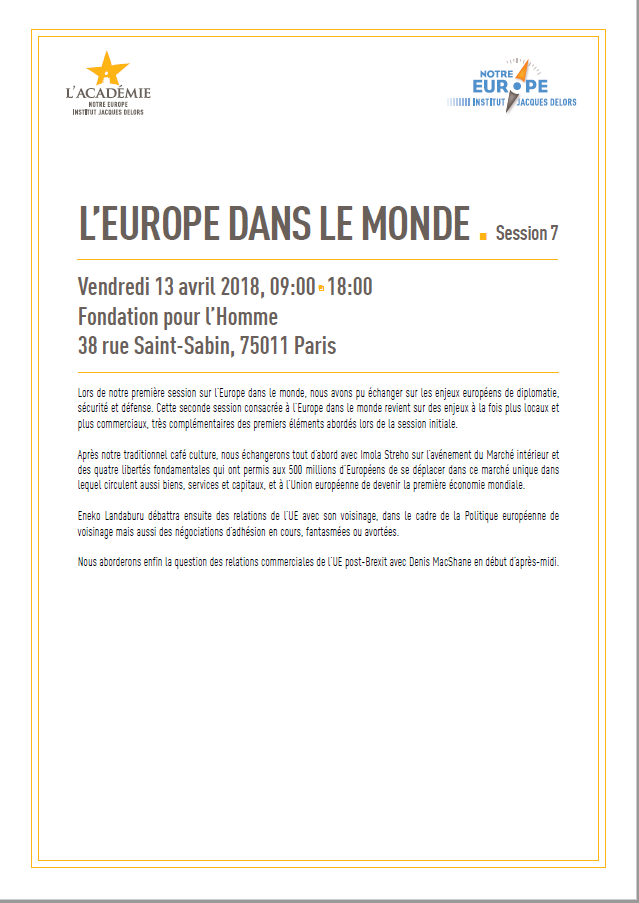Policy Paper 20
EU-Russian Relations: Moscow lays down its Conditions
Relations between Russia and the EU are becoming tense. Over the last few years, the differences have mainly been ascribable to the political sphere. From the start of his term in 2001, President Vladimir Putin went to great lengths to establish or re-establish State control over all bodies and practices intended to consolidate the emerging democracy in Russia. The current political situation makes it difficult to ensure the liberal operation of institutions, which can lead to certain management problems for Russia’s European partners, who have to conciliate democratic values and economic pragmatism. Since recently, Russian-European tensions have spread to the strategic energy sector.
EXECUTIVE SUMMARY
Relations between Russia and the EU are becoming tense. Over the last few years, the differences have mainly been ascribable to the political sphere. From the start of his term in 2001, President Vladimir Putin went to great lengths to establish or re-establish State control over all bodies and practices intended to consolidate the emerging democracy in Russia. The current political situation makes it difficult to ensure the liberal operation of institutions, which can lead to certain management problems for Russia’s European partners, who have to conciliate democratic values and economic pragmatism. Since recently, Russian-European tensions have spread to the strategic energy sector. The recent gas crisis in Ukraine casts considerable doubt over the reliability of supplies from Russia, in the eyes of Europeans.
Since 2000, the partnership has never truly had any political consistency, despite the many declarations of good intentions. Indeed, relations have been running in slow motion. Therefore today it is not only a question of bringing the initiated dialogues to a conclusion, but also of giving fresh impetus to EU-Russian relations. The EU in particular seems to have become aware of this twofold need for the revival and materialisation of joint projects, as can be assumed from the European Commission’s initiative to conclude a cooperation framework agreement with Russia by 2007 in the field of energy.
The Kremlin, which understands that part of its future is linked to the framework of renewed relations with the EU, does not intend to have its actions and the terms of its commitment dictated. Moscow is establishing the conditions for an ambitious partnership with Europe. The Union, however, is not afraid of Russia or of negotiations that could prove to be sensitive. It has means of applying pressure, especially commercially speaking, for a partner that is at times overly demanding. That said, the terms of diplomatic “bargaining” should not be reduced to the all-too-obvious dichotomy of economic prosperity against political openness. To this must also be added the need for efficient energy dialogue and the formalisation of a European foreign policy (or European neighbourhood policy) whose geographical dimensions correspond exactly to the Russian “near abroad”.
The EU is already making the first efforts in this respect. By 2007-2012 there are plans to replace Tacis, which until now has been the prime instrument for European commitments in Russia, with a new formula, the “European neighbourhood and partnership instrument”, currently in the process of being finalised, and which is designed to provide improved allocation and efficiency of external funds, above all in Russia. For the EU, it is a matter of strengthening cooperation with Russia for a small number of well-chosen sectors, whilst guaranteeing continuity in the performance and optimisation of projects. The idea is to offer less so as to support more and to provide an energetic contribution in Russian reconstruction, stimulation and assistance programmes. To the extent possible, an attempt should also be made to avoid the still widespread problems of corruption within Russian federal and regional administration, especially in the North Caucasus. This instrument will also be used in the implementation of four cooperation areas: economy, justice and home affairs, external security, research, education and culture.
This initiative, currently still overly tentative, nonetheless merely proposes a new formal tool. It also appears necessary that the Union commit to concrete general projects in two fields, essentially geographical cooperation centred on a specific area, encompassing several themes, of which the EU’s Northern dimension is a successful example; and joint crisis management:
- Geographical cooperation for North and South Caucasus
- Joint resolution of the conflict in Moldova/Transdniestria
- Joint European Energy Security Policy
- Formalisation of a common EU foreign policy towards Russia
A common EU foreign policy towards Russia would thus prefigure the EU-wide development of a common foreign and security policy.
SUR LE MÊME THÈME
ON THE SAME THEME
PUBLICATIONS
Europe at the foot of the walls

Defence 25: thinking outside the box

[FR] Faced with the Russian threat, which budgets for which defence?

MÉDIAS
MEDIAS
Comment la Russie enrôle de gré, mais également de force des Africains pour combattre en Ukraine

La fin du transit du gaz russe par l’Ukraine met l’UE sous pression

Fin du gaz russe : vers une crise inédite en Transnistrie ; inquiétudes en UE

ÉVÉNEMENTS
EVENTS
Euroquestions #68 | The EU and its South Caucasian neighbors: time for change

CONFERENCE | WHAT DIPLOMATIC OPTIONS FOR FRANCE IN THE STRATEGIC OUTCOME OF THE RUSSIAN INVASION OF UKRAINE?

Round-tables on new gas perspectives for the EU

















